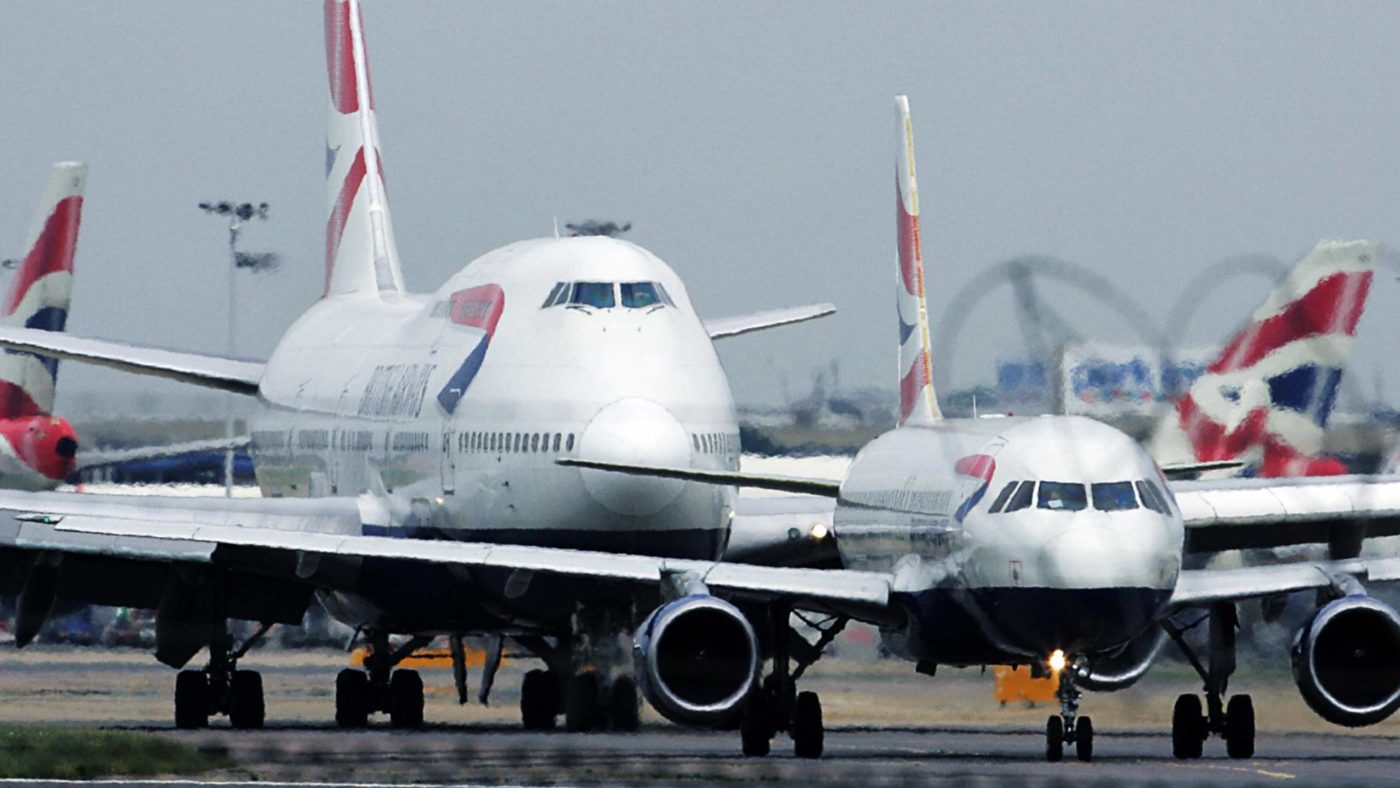It’s fair to say the Government’s plans to allow Flybe to defer its Air Passenger Duty payments have been met with a mixed response, with British Airways already launching a legal challenge to try and overturn the decision.
Still, one side benefit of the political farrago has been to highlight just how poor a tax APD is and make the case a better form of transport taxation.
Despite what some claim, APD is not a particularly green tax. The efficiency of an aeroplane is not taken into account when setting the charge, instead it’s the distance and ticket class that determine how much passengers have to pay.
And because the number of passengers on a plane is not taken into account, the fewer the passengers on a plane, the smaller the duty charged. That means a half full plane would raise much less APD than a full one. This makes no sense. APD should be levied at a lower rate on more efficient (and therefore more environmentally friendly planes) but it’s not, so the price mechanism can’t operate properly and encourage firms and consumers to switch to more efficient planes.
In fact, back in a 2011 consultation on reforming the tax the Treasury admitted that APD is mainly in place as a revenue raising measure, rather than to encourage more environmentally friendly travel . This is despite the fact that research by PwC in 2013 found that abolishing the tax might actually have no fiscal cost due to the growth empowering effects leading to a large enough increase in revenue from other taxes to make up for the losses from APD.
Bear in mind too that Flybe is not the first carrier to benefit from special treatment when it comes to APD. For many years all long-distance flights out of Northern Ireland have been exempt and up until 2013 business jets were as well.
This is clearly far from an optimal situation. In building a tax system you should aim to bake in as few distortions as possible. It should be as broad and low as possible – ensuring that you don’t encourage or discourage one activity relative to another. Of course, when there are externalities, such as with the environmental impact of carbon dioxide emissions, then you may want the tax system to change behaviour, by encouraging more environmentally friendly travel, for example.
In order to eliminate the numerous distortions in the UK tax system, while also allowing us to incentivise the market to solve environmental issues, we need tax on carbon emissions. Ideally this would cover the entire economy, and be levied as far upstream as possible on every activity that involved the emission of greenhouse gases, creating a strong incentive to develop less carbon intensive products and processes.
The revenues of such a tax could be used to abolish a whole swathe of the existing tax system. The simplification of having only one simple tax in place of many complex ones would not only save time and stress, but also save money and likely boost growth.
Granted, it might not be possible to suddenly introduce an economy-wide carbon tax. But a good first step might be for the government to start off by introducing a carbon tax on transport. This could be set at a level sufficient to raise enough revenue that at the same time we could scrap all the different taxes and duties, such as APD or Fuel Duty that are currently levied higgledy-piggledy on travel in the UK.
This would be a win-win – a single, simple tax applying equally to all forms of transport, which also embeds the incentive to encourage carbon-neutral transport such as electric or hydrogen-powered vehicles. A cleaner environment and a clearer, fairer tax system is a prize the Government should grasp.
Click here to subscribe to our daily briefing – the best pieces from CapX and across the web.
CapX depends on the generosity of its readers. If you value what we do, please consider making a donation.


